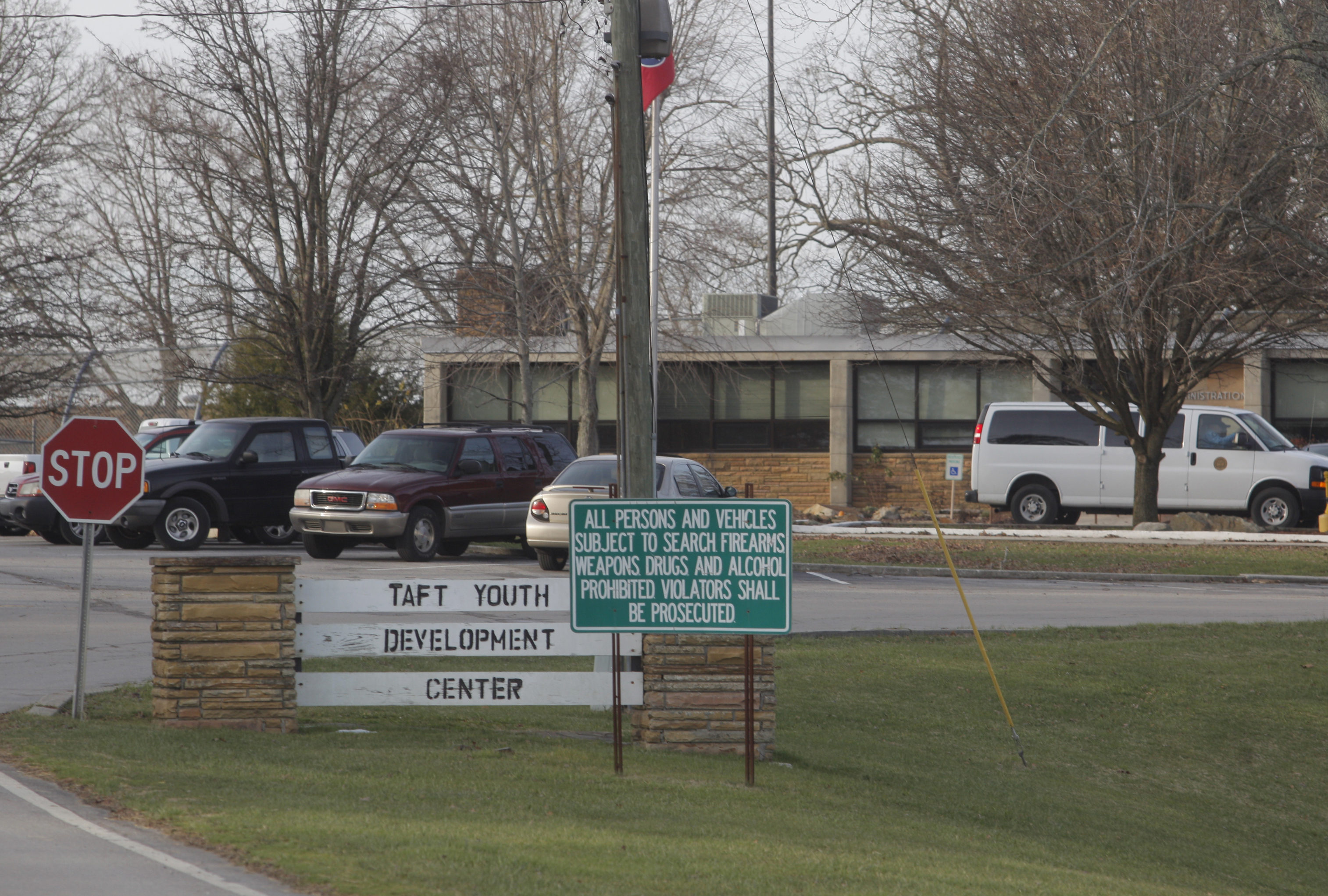NASHVILLE - Gov. Bill Haslam said a controversial recommendation to close Taft Youth Center near Pikeville is "very persuasive."
If the center is closed, its 90 or so teen inmates would be moved to four other centers scattered across the state. The proposal, suggested by Children's Services Commissioner Kathryn O'Day, would save about $4.4 million.
"I still have some homework to do," Haslam said. "But I think Kate's basic argument of does it make sense to have four facilities that are 100 percent full and five that are 80 percent full is very persuasive."
In a wide-ranging Chattanooga Times Free Press interview last week about his first year in office, Haslam said he is "particularly inclined" to go along with the proposal sooner rather than later.
He cited O'Day's argument that many of Taft's 167 employees should be able to find jobs at the nearby $208 million Bledsoe Correctional Complex, a prison for adults that's slated to open in 2013.
Haslam, a Republican who took office last January, said O'Day's proposal emerged from his directive to all departments and agencies that they conduct exhaustive "top-to-bottom reviews" of their operations. The review's purpose is to ferret out savings, streamline operations and make state government operate more efficiently as he prepared his proposed 2012-13 budget.
But the Taft proposal and another proposal to close Lakeshore Mental Health Institute in Knoxville are proving controversial.
A bipartisan group of area lawmakers already opposes closing Taft. They question the cost savings and O'Day's assertions that the aging center is the state's least efficient, is too remote and needs $37 million in improvements.
They also worry about the impact on the local economy if Taft is closed.
Rep. Cameron Sexton, R-Crossville, whose district includes Bledsoe County where Taft is located, said the governor should take into account Bledsoe County's low cost of living compared with Nashville and Memphis, where other youth centers are located. A fourth center is in rural West Tennessee.
"I appreciate the governor asking for more detailed information and taking a little closer look at the closing of Taft and using his business background and expertise before he presents his final budget," Cameron said.
Taft is the most secure facility and already handles problem cases from the other centers, he said, so the state should look at closing one of those other facilities and shifting residents to Taft.
Haslam said he still is sorting through various cost-cutting recommendations he will present to lawmakers early next year.
"We're trying to wrestle through the budget but also the kind of the service implications," Haslam said. "I've asked for additional data on [Taft] and other facilities, as well, both in terms of their impact on, in this case kids that are served, but also financial implications for the facilities."
He said he and his staff are "going through the budget now, literally line by line" in an effort to examine "cross-departmental consequences" of various recommendations.
The current budget largely followed the proposals sketched out by his predecessor, Gov. Phil Bredesen, which Haslam inherited when he took office.
It's a move often used by new governors, who usually have little time to develop fully their own spending plans. Now Haslam is crafting a budget incorporating his administration's ideas.
"It helps to be one more year into the budget," Haslam said. "So again, the questions I'm asking the budget team this year - it's not like I'm on the graduate school level - but I've definitely moved to a different level than I was before."

